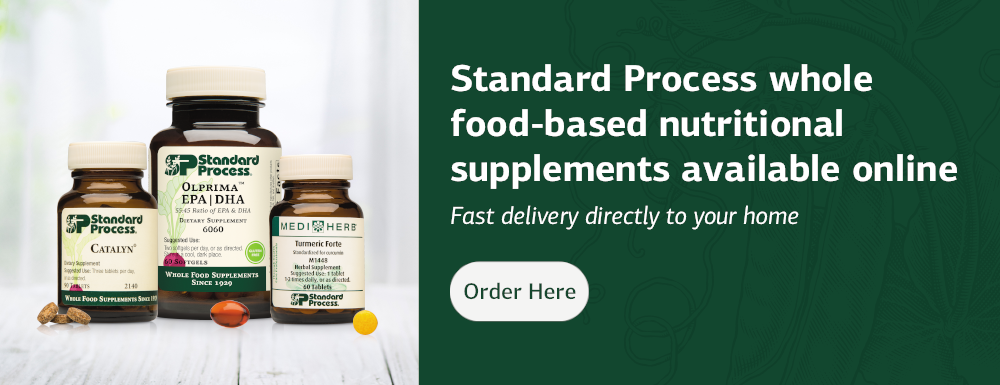The practice of Chinese Medicine is over 5,000 years old, just about the same time as Ayurvedic Medicine. Five thousand years of development and research upon millions of people, and over a trillion diseases, brings fortune for us to experience the wisdom of this Medicine in the United States.
We are grateful to the practitioners before us, who learned the Pinyin language and translated medical texts to benefit the world. As a practitioner of Chinese Medicine, I may be a little biased, but I am beyond ecstatic to be a part of this movement of care available.

Why, you ask? Because Chinese Medicine is individualized treatments, rooted in ancient theory and modern science. Each patient treated over my eleven years of practice has been unique and different. Individual issues allow me to expand knowledge and research, encouraging me as a practitioner to keep up to date with health challenges.
Chinese studies lead to successful results with patients because of tailored treatment and herbal prescriptions formulated and tailored to their underlying disharmony. Getting to the root of the diseases is essential. Ten patients may come in with digestive symptoms, yet each has a unique roadmap that led to their medical condition and also individual tracts that often coincide with the chief origin.
Chinese medicine practitioners also consider the constitution of the patient and the history of their composition. This may show the way the disease progressed to a point and how it may continue to proceed if the disharmony is not corrected.
Another fascinating aspect of Chinese Medicine is that patients rarely need to see multiple practitioners for several diseases because we can treat most in house. We recommend seeing a General Practitioner yearly to keep up with Lab reports, Gynecologist for women to prevent cervical cancer, and if a patient has a condition that requires prescribed Western Medicine, then we’ll often recommend a compatible practitioner too.
Sometimes, patients will come to us with Diabetes Insipidus, which requires insulin. We can often help to reduce the insulin needed but not necessarily rid insulin uses completely. There are times both medicines work in harmony with one another. What most should understand is Chinese Medicine also treats the root of the disease, not only the symptoms.
In a world of social media where most people make distant connections rather than direct contact, it’s essential for patients to feel a human connection with their practitioner, to feel heard, to feel involved in their healthcare, and to feel a sense of empowerment that comes with learning self-care practices and concentrating on connecting mind, body, and spirit.
Beyond Chinese Medicine’s ability to heal physical discomfort, the emotional and spiritual issues of our patients are considered. Chinese Medicine recognizes different elements of the organs associated with the five elements: earth, metal, water, wood, and fire. For example, the Hun Spirit is an aspect of the Gallbladder (the Wood element) that is often associated with our subconscious mind, our dreams, and regularly assists the liver with the courage to carry out plans in our lives, feelings of anger related to the liver and grief to the lungs.
Chinese Medicine has many fascinating elements: individualized care, care of body, mind, and spirit, thousands of years of practice and research, and the ability to tailor prescriptions of Acupuncture and Herbal Medicine to meet the needs of our patients at different points of disharmony in their lives.


Very interesting article.